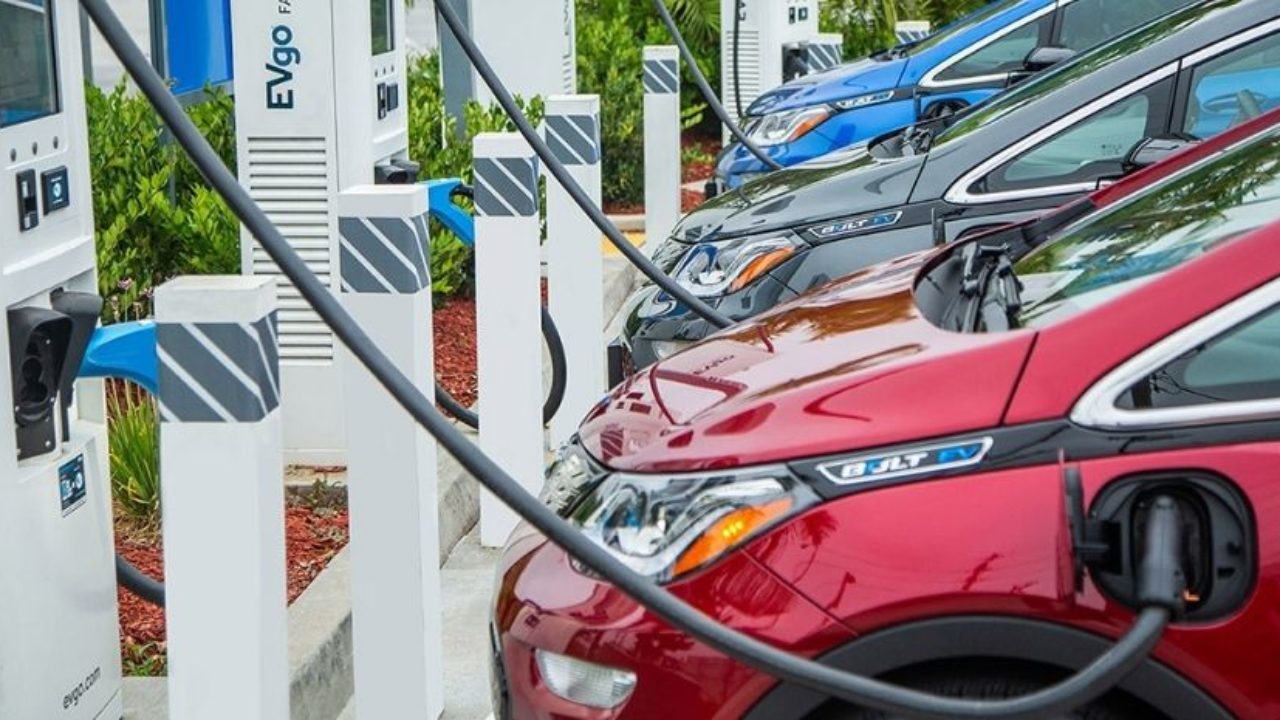Pay Rs 12 per kWh For Charging Electric Vehicles In This City: Rs 144 For 100 Kms!

In order to boost the adoption of electric vehicles, the Telangana state government is working on setting up about 118 electric vehicle charging stations, using which users can charge their EVs for Rs 12.06 kilowatt per hour or kWh as the service cost.
Additionally, nearly 20 public charging stations will be set up in Warangal and Karimnagar, totalling the number of EV charging stations up to 138.
Telangana Govt Expedites the Setting Up of EV Charging Stations
Under the ‘Faster Adoption and Manufacturing of Hybrid and Electric Vehicles II’ or FAME II programme, the Telangana government will set up about 138 electric vehicle charging stations in the state, including 118 in Hyderabad, and 20 across Warangal and Karimnagar.
At these state govt-built public charging stations, owners of EVs can charge their vehicles for Rs 12.06/kWh.
The Department of Heavy Industries has suggested building charging stations across the state to boost the spirit of buying and using EVs, as it is both economically and environmentally suitable.
According to the Telangana State Renewable Energy Development Corporation officials, all of these stations will be ready by March.
According to the Ministry of Power’s new EV charging infrastructure standards and guidelines, the state government has fixed the upper cost limit of service charges at public charging stations to be Rs 12.06 + applicable GST.
However, despite the amount set in place, the charges applied at public charging stations are multiple times lesser than using petrol or diesel.
“It costs Rs 300 if any four-wheeler takes 25 units to completely charge their cars. You can’t even get three litres of petrol with the same quantity of petrol”, added TSREDCO’s managing director, N Janaiah.
On the other hand, it only consumes Rs 6 per kWh in residential areas, which is about half of what the State charges at public charging stations, added a report from Siasat.com.
For a complete charge on four-wheelers, 30 to 40 units are required. On a comparative basis, electric vehicles are a better choice over petrol and diesel-run vehicles, as they are both cost and environment efficient.

Comments are closed, but trackbacks and pingbacks are open.